"I feel behind."
Whether you're in your teens, twenties, or midlife, if you're neurodivergent, you've probably thought these exact words.
That persistent feeling that you're not where you're "supposed to be" at your age isn't a personal failure - it's the predictable result of growing up in systems that weren't designed for how your brain works.
In this episode, Theresa tackles one of the most pervasive struggles in the neurodivergent experience: the crushing feeling of being "behind" in life. She explores how deficit-focused systems, neurotypical timelines, and comparison culture create this illusion, and provides a powerful reframe that honors different developmental paths and processing styles.
What You'll Discover: - Why neurodivergent individuals across all ages commonly feel "behind" in life
- How deficit-focused educational and social systems create false "behind" narratives
- The myth of universal life timelines and why they don't account for divergent thinking
- How comparison to neurotypical peers and social media creates unrealistic expectations
- Why the "othered" experience requires intentional community and self-discovery work
- How to reframe goals and timelines to honor your authentic developmental path
Practical Tools Covered: - Recognition framework for identifying when "behind" feelings are system-created vs. personal
- Comparison trap awareness - social media, peer pressure, family timeline expectations
- Goal reframing that honors neurodivergent processing styles and timelines
- Community-seeking strategies for breaking isolation and "othered" feelings
- Self-discovery approaches that build authentic life direction
Resources Mentioned: - NeuroTribe Community membership for ongoing support and validation
- Theresa's coaching services for personalized goal-setting and life design
Related Episodes: - "Bad Days Aren't Backslides" - understanding non-linear progress in all life areas
- "You Don't Need Fixing" - self-discovery vs. behavior modification approaches
- "Grieving Your 'Normal' Life" - processing expectations vs. reality
Coming Up Next Week: Next week we're diving into three little words that might be sabotaging your executive function and keeping you stuck in that "behind" feeling: "should," "need," and "have to." Theresa shares how transforming your internal language can dramatically shift your relationship with tasks and reduce that overwhelming pressure that makes everything feel harder.
Connect with Theresa: Ready to be part of a community that celebrates different timelines and honors your unique journey? The NeuroTribe is where neurodivergent individuals find acceptance, practical support, and the permission to thrive on their own terms. Your timeline is valid here.
Join The NeuroTribe:
https://theresa-minnoch-6a60.mykajabi.com/offers/zPgWxGbi/checkout
Join The NeuroTribe 20's LaunchPad:
https://theresa-minnoch-6a60.mykajabi.com/offers/fJTZGd3Y/checkout
Download Free Toolkit:
https://theresa-minnoch-6a60.mykajabi.com/offers/nrzT59yp/checkout
The NeuroTribe Podcast is hosted by Theresa Minnoch, a neurodivergent life and business coach who helps neurodivergent individuals create authentic, sustainable lives that honor their unique wiring. Each episode provides practical tools, community connection, and the permission to be exactly where you are in your journey.
Subscribe & Share: If this episode helped you realize you're not actually behind, please subscribe and share it with someone who needs to hear that their different timeline is perfectly valid. Together we can reach more neurodivergent individuals who need to know they belong exactly where they are.
#neurodivergent #feelingbehind #timelinepressure #neurodivergentlife #ADHD #autism #selfacceptance #authenticity #neurotribe #belonging #neurodivergentjourney #lifegoals #imposterysndrome #neurodivergentsupport
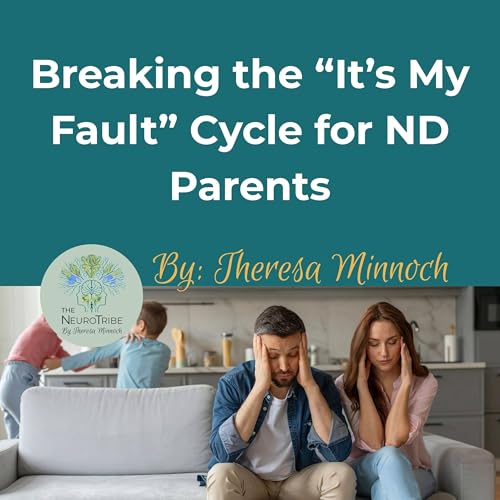 16 min
16 min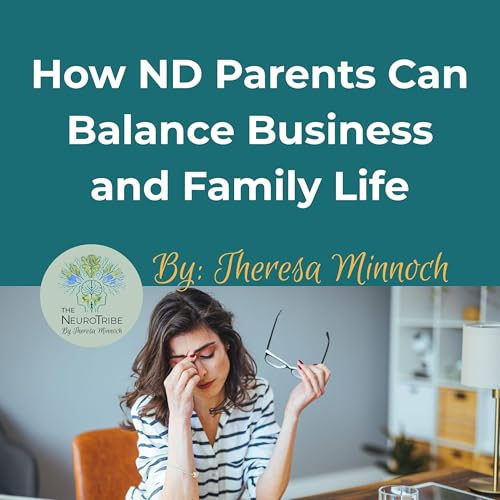 20 min
20 min Aug 13 202513 min
Aug 13 202513 min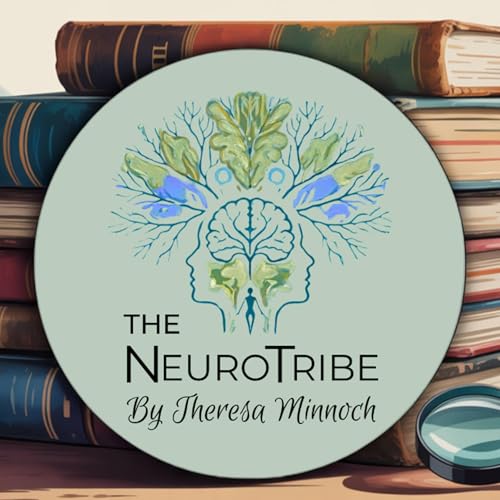 Aug 6 202514 min
Aug 6 202514 min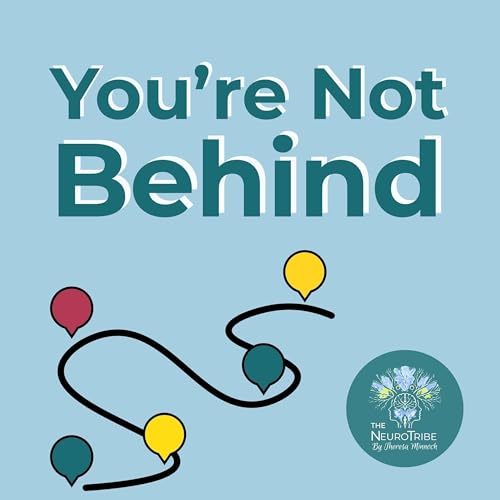 8 min
8 min 8 min
8 min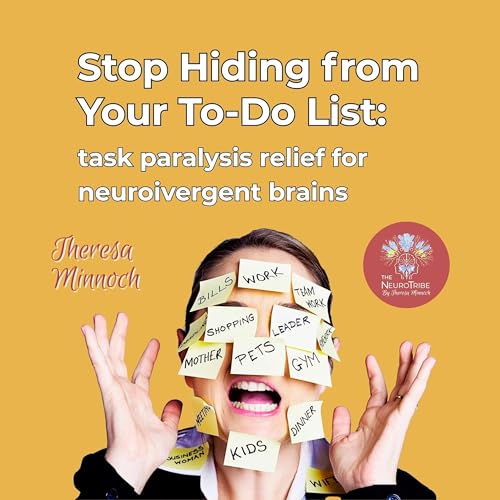 10 min
10 min 14 min
14 min
